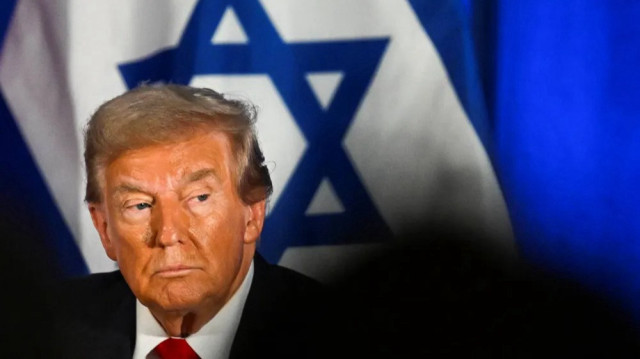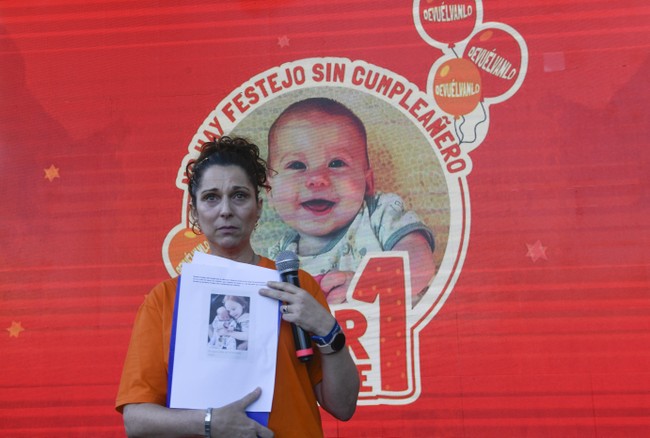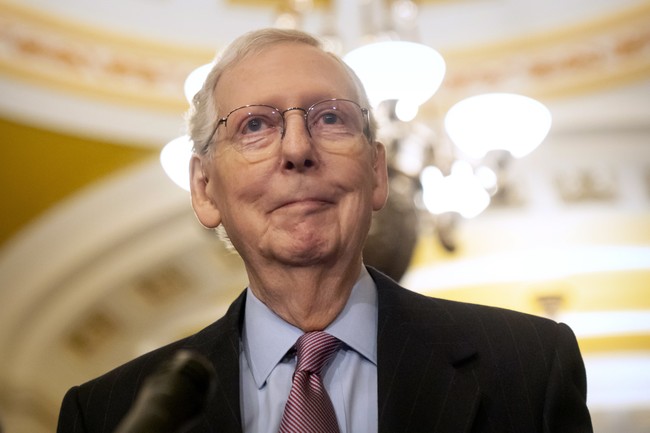The Complex Web of the Gaza Hostage Crisis
Recent developments unveil the intricate dynamics between Israel, Hamas, and international mediators. The evolving hostage crisis marks renewed tensions, with global implications.
Published February 18, 2025 - 00:02am

Image recovered from yenisafak.com
The ongoing conflict between Israel and Hamas continues to unravel with significant international implications. Over recent weeks, the focus has shifted towards the return of hostages held by Hamas in the Gaza Strip, adding another layer of complexity to the already tense relations in the Middle East. A series of negotiations has been taking place, with mediators including Qatar and Egypt playing critical roles in facilitating dialogue between the two parties.
On the ground, recent reports confirm that Hamas released three hostages, an action intertwined with the conditions of a fragile ceasefire agreement. This gesture saw the return of individuals like the Argentine national Iair Horn, who was captured alongside other foreign nationals during a surprising attack by Hamas on October 7, 2023. This release came amidst growing international pressure and was partially influenced by the United States, with former President Donald Trump taking a robust stance on the issue.
Trump's involvement continues to draw attention. He set a deadline for the release of all hostages, indicating that the United States would support any decision Israel makes upon this deadline's expiration. The prognosis of the ceasefire, initially mediated by Qatar and supported by Egypt, now hinges on the ongoing compliance of Hamas to release more hostages. However, the situation remains volatile as accusations of violations from both sides persist.
Despite the ceasefire agreement standing since January 19, tensions escalate with accusations of breaches. The ceasefire was intended to pause hostilities and provide a platform for negotiations, yet both Israel and Hamas have exchanged allegations of violations. Recent instances include the killing of three Palestinian police officers in Rafah by Israeli forces, highlighting the fragile nature of peace in the region and the ease with which tensions can reignite.
Hamas' threats to delay further hostage releases, blaming Israel for infractions such as obstructing humanitarian aid, underline the precariousness of the agreement. Israel's military readiness around Gaza reinforces the gravity with which it weighs the release of captured nationals. These preparations underscore Israel's strategic posturing to ensure that hostages are returned promptly and safely, adhering strictly to the terms of the ceasefire arrangements.
The economic blockade and territorial confinements have only deepened the humanitarian crisis in Gaza, bringing with it severe living conditions for its inhabitants. The dense population and limited resources are further strained by continuous conflicts, influencing the geopolitical interests of international community stakeholders. Initiatives for Gaza's reconstruction have been tabled, yet the prospects are hindered by the ever-present volatility.
Political figures across the globe continue to voice concerns over the situation. International stakeholders remain invested, considering varying geopolitical motives and strategic interests in the region, including potential natural resources beneath Gaza, such as natural gas reserves, which add a layer of economic intrigue to the conflict.
The interjection of powerful political figures, such as Donald Trump, underscores the influence of global powers on strategic decisions in the lengthy Israel-Palestine conflict. The proposed plans of relocating Gazans, while met with international criticism, highlight the interventions by powerful nations in Middle Eastern territorial arrangements.
The Middle East remains a nexus of conflict and diplomacy, with the Gaza ceasefire and hostage crisis exemplifying the multilayered struggles. The fragile peace continues to be a significant test of diplomatic resilience and international relations, with the potential for swift alterations as global powers and regional actors navigate this complex geopolitical landscape.
In this ongoing saga, the fundamental challenge remains balancing national security concerns with humanitarian imperatives, a task that demands continued dialogue and robust diplomatic endeavors.








